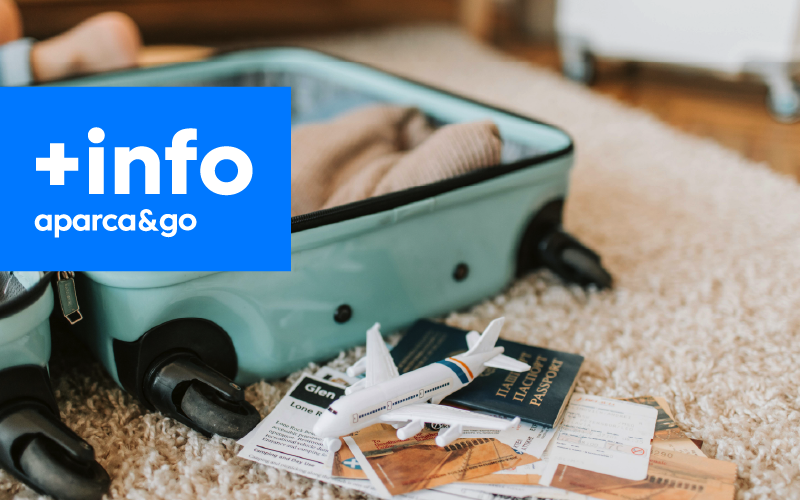Travelling by train: tips to get organized

Travelling by train remains one of the most popular ways to get around.
Modern trains are equipped with spacious, ergonomic seats and offer services like Wi-Fi, power outlets for electronic devices, and onboard entertainment options. This allows passengers to work, relax, or enjoy the scenery without the usual constraints of other forms of transport. Moreover, unlike air travel, trains are less prone to delays, and train stations are often centrally located, making them more convenient and accessible.
In terms of cost, train travel can be more affordable, especially when you factor in the hidden expenses of air travel, such as baggage fees and transportation to and from airports.
Trains offer a blend of comfort, reliability, sustainability, accessibility, affordability, and safety, making them a preferred choice for many travellers looking for an efficient and enjoyable way to get around.
Even if you’ve travelled by train many times, this article provides some key tips to help you make the most of your journey.
Book Your Tickets in Advance
The demand for train travel is on the rise, especially during holiday seasons, so it’s essential to book your tickets in advance. Early reservations not only secure your seat but can also help you find better fares. Planning ahead always has its perks!
Choose Flexible Tickets
If you’re uncertain about your travel dates or times, consider purchasing flexible tickets. These allow you to adjust your plans without incurring extra fees. It’s a particularly useful option if you enjoy spontaneity or need to adapt to unexpected changes.
Arrive Early
Trains are known for their punctuality, so it’s a good idea to arrive at the station with enough time to go through any checks and board without rushing. Major city stations can be large and confusing, so avoid unnecessary stress by giving yourself plenty of time.
Pack Your Luggage Smartly
Make sure to familiarize yourself with the luggage policies of the train company you’re travelling with. The standard maximum dimensions are 85x55x35 cm (height-width-depth), but some companies may have additional size or weight restrictions.
As with other modes of transport, certain items are prohibited on trains, such as sharp objects, knives, and hazardous materials like toxic, chemical, or explosive substances.
Bring Food and Water
Having the right snacks and drinks can make your train journey much more enjoyable. Opt for easy-to-carry items like sandwiches, fresh fruit, or nuts, and avoid overly fragrant foods to be considerate of other passengers. Don’t forget a bottle of water to stay hydrated.
If you’d rather not bring your own food, many trains offer dining cars or onboard services where you can purchase meals and beverages. Keep in mind, though, that these options are usually pricier and less flexible than eating on your own schedule.
Travelling with Pets
Bringing your pet along is possible, but it’s important to review the policies of the train company. Some allow small pets to travel for free if they’re in an appropriate carrier, while others may charge an additional fee. For larger pets, you might need to purchase an extra ticket or use a designated compartment for animals.
Plan for Entertainment
Long train rides can feel tedious without some form of entertainment. Bringing a book, downloaded movies, or a playlist can help the hours fly by. Keep in mind that connectivity might be spotty in some areas, so it’s best to download your favourite content beforehand.
Know Your Rights as a Passenger
As a train traveller, you have certain rights that protect you in case of issues during your journey.
Delays and Cancellations: If your train is significantly delayed or cancelled, you’re entitled to assistance, which may include partial refunds, compensation, or alternative transportation.
Service Issues: If there are problems with cleanliness or service quality, you can file a formal complaint. Train companies are required to provide channels for handling complaints and maintaining service standards.
Baggage Issues: In the event of lost or damaged luggage, you can request compensation.
Be sure to familiarize yourself with the policies of the train company to know what steps to take and ensure your rights are upheld during your trip.
All aboard! It’s time to set off on your next journey. We hope these tips are helpful and make it easier for you to prepare for your upcoming trip.












 " />
" />